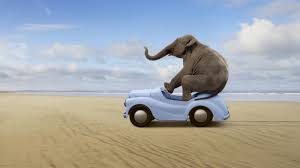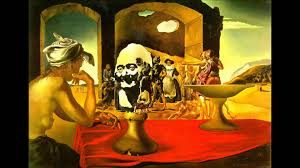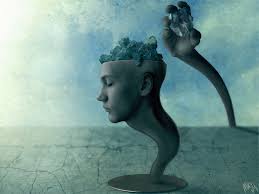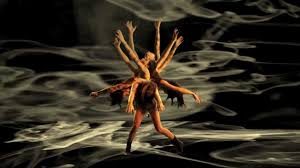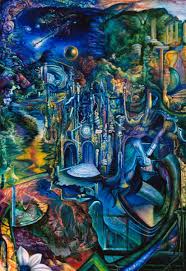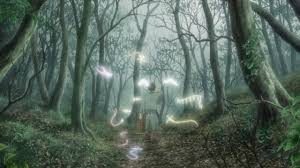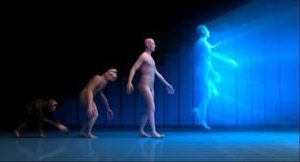Dreaming is a creative state of consciousness, a threshold of psychic activity in which we throw off usual restrictions to use our most basic abilities and realize our true independence from three-dimensional form. In dreams, we write the script for our daily lives and perceive other levels of existence that our physical focus usually obscures.
The dream universe has its own basic laws or “root assumptions” — mental equivalents to our laws of gravity, space and time. In other worlds, dream reality only seems discordant or meaningless because we judge it according to physical laws rather than by the rules that apply within it.
Dreams, then, are not just imaginative indigestion or psychic chaos. We are not temporarily insane when we dream, as some theorists maintain. To the contrary, we may be far more sane and alert during some dream states than we are ordinarily. Certainly we are more creative. We may even be more “alive,” as we will see from our own experiences.
Many dreams are precognitive, and personal experience is a great convincer we discover for ourselves — recalled, and dated and recorded dreams and then checked them against events.
We think that we are only conscious while we are awake. We assume ourselves unconscious when we sleep. In Freud’s terminology, the dice are indeed loaded on the side of the conscious mind. But pretend for a moment that we are looking at this situation from the other side. Pretend that while we are in the dream state we are concerned with the problem of physical consciousness and existence. From the viewpoint, the picture is entirely different, for we are indeed conscious when we sleep.
The locations that we visit while dreaming are as real to us then as physical locations are to us in the waking state. What we have is this: In the waking state, the whole self is focused toward physical reality, but in the dreaming state, it is focused in a different dimension. It is every bit as conscious and aware.
If we have little memory of our dream locations when we are awaken, then remember that we are in the dream situation. Both are legitimate and both are realities. When the body lies in bed, it is separated by a vast distance from the dream location in which the dreaming self may dwell. But this, dear friends, has nothing to do with space, for the dream location exists simultaneously with the room in which the body sleeps.
There is, of course, an apparent contradiction here, but it is only apparent, our dilemma being this: If we have another self-conscious self, then why aren’t we aware of it? Pretend that you are some weird creature with two faces. One face looks out upon one world [the dream reality] and one face looks out upon another world [the physical one].
Imagine further this poor creature having a brain to go with each face, and each brain interprets reality in terms of the world it looks upon. Yet the two worlds are different, and more the creatures are Siamese twins. At the same time, imagine that these two creatures are really one, but with definite parts equipped to handle two entirely different worlds.
The subconscious, in this rather ludicrous analogy, would exist between the two brains and would enable the creature to operate as a single entity. At the same time — and this is the difficult part to explain — neither of the two faces would ever ‘see’ the other’s world. They would not be aware of each other, yet each would be fully conscious.
Flying dreams are not all disguised sexual fantasies, as Freud maintained, for example. In many of them we are flying, and the destinations we reach are quite physical.
My future blogs will be mainly concerned with events that happen precisely when consciousness is turned away from normal objective life. Much more is involved than even the nature of the dream state and man’s and woman’s fascinating ability to withdraw consciousness from the body. These phenomena are only evidences of the greater creative consciousness that is inherent and active in each of us — the interior universe of which we know so little.
It often seems to me that only when we close our eyes do we begin to see, literally and figuratively. This is somewhat of an exaggeration, and yet my experience as a metaphysical student makes several facts clear. Our ordinary consciousness shows us only one specific view of reality. When we learn to close off our senses momentarily and change the focus of awareness, other quite valid glimpses of an interior universe begin to show themselves.
This is most obvious in dreaming, of course. Dreams may well represent us at our most creative, for not only do we process the past days activities, but we also choose tomorrow’s events from the limitless probable actions that are presented to us while the waking self is still.
It’s tricky to play hopscotch back and forth between various stages of consciousness, to travel into little-understood subjective realms, explore those inner landscapes and return with any clear clues as to their nature. Such explorations are highly important, however, because they bring us in touch with that basic inner reality that underlies our individual conscious thought and existence and which is the bedrock of our civilization.

